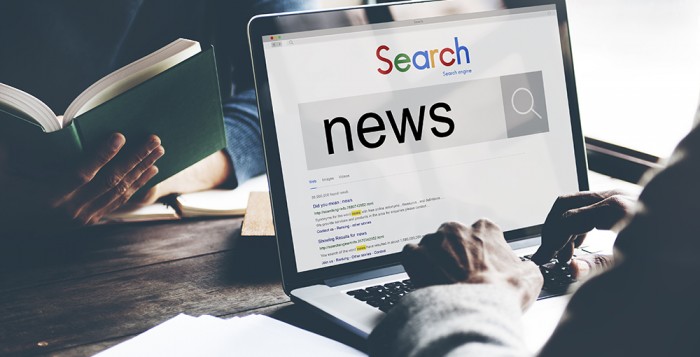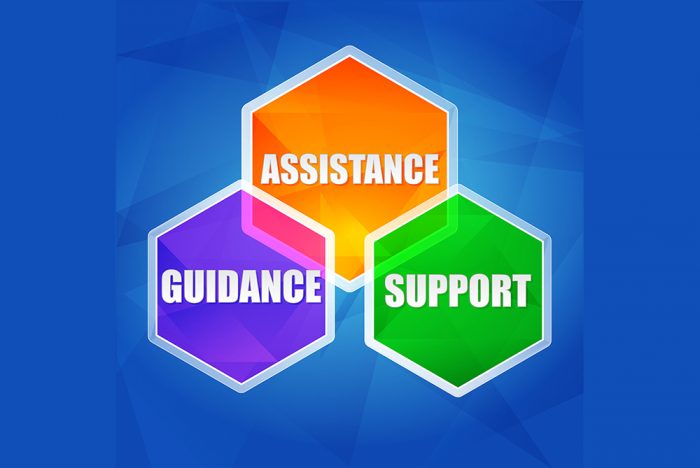DOH Announces New, Additional Community-Based COVID-19 Testing Sites
Allegheny County DHS Announces Change for HealthChoices Oversight
As the state’s primary contractor for Medicaid-funded behavioral health (BH) care services (HealthChoices), Allegheny County DHS is responsible for $420M in state-managed care funding to deliver behavioral health services to approximately 260,000 county residents through its contracted partnership with Community Care Behavioral Health.
Historically, as the primary contractor to the state for the HealthChoices program, DHS has delegated its oversight and monitoring functions for this program to Allegheny Health Choices, Inc. (AHCI), and AHCI has done tremendous work helping the county to meet state obligations over the years. Increasingly however, the county has determined that making a structural change to bring monitoring and oversight in-house can streamline those functions and further strengthen the HC program for Allegheny County.
For this reason, the county, together with DHS, has made the decision to transition HealthChoices oversight and monitoring functions from AHCI to DHS, with expected changes to occur in the first quarter of 2023.
See below for further information:
OFCCP Affirmative Action Webinar — February 1
Shared with RCPA by ACCSES:
The Office of Federal Contractor Compliance Programs (OFCCP) will hold a webinar at 2:00 pm EST on Tuesday, February 1, 2022, “on the registration process for OFCCP’s new Contractor Portal. Federal contractors are required to take affirmative action to provide equal employment opportunities. Federal contractors meeting specific jurisdictional thresholds are required to develop a written Affirmative Action Program (AAP) under each of the laws enforced by OFCCP. Covered federal contractors must use the Contractor Portal to certify, on an annual basis, whether they have developed and maintained an AAP for each establishment and/or functional unit, as applicable.”
Val Barner Announced as New CEO of RCPA Member Skills of Central PA
Here’s Where You Can Get Free N95 Masks
Finance & Reimbursement Committee Meeting Rescheduled to February 24
We apologize for any confusion but due to scheduling conflicts, we have made a change to the date for the February meeting of the RCPA Finance and Reimbursement Committee meeting. Please disregard the reminder announcement that went out earlier today.
The RCPA Finance and Reimbursement Committee meeting has been rescheduled for Thursday February 24, 2022, 10:00 am–12:00 pm. If you have already registered for the February 10 meeting, your registration will be transferred to this new date. If you have not yet registered for the meeting, but would like to, you can do so here.
Thank you for your understanding.
OMHSAS: Updated Guidance on ARP Funding Attestations, Allocations, and Distribution
$225M in Federal COVID-19 Relief Slated for Pa. Health Care Workers
Moving Beyond the Carve-out/Carve-in Debate: Presentation Follow-Up
RCPA would like to thank Charles G. Curie, Principal, The Curie Group, LLC; Jennifer Black, Vice President of Business Development, Beacon Health Options; Michael Quinn, CEO, Chestnut Ridge Counseling Services; and Doyle Forrestal, Chief Executive Officer, Colorado Behavioral Healthcare Council, for presenting in Discussing Moving Beyond the Carve-out/Carve-in Debate webinar offered today. The materials from the presentation can be found here.
As a follow-up, RCPA will make available questions asked during the session along with corresponding answers/comments. Please submit any additional follow-up questions to Tina Miletic.
We thank you for your participation. Additional correspondence will be issued in the following week.

















